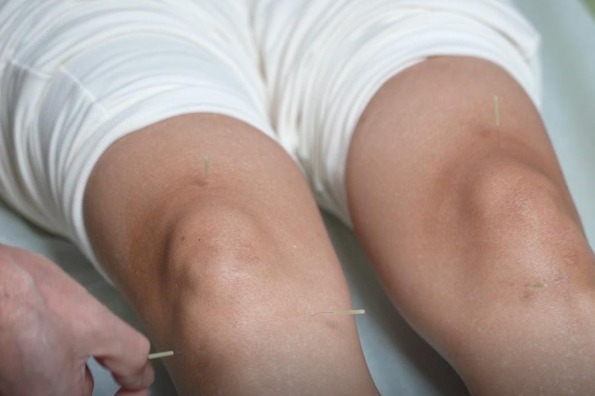TCM cannot flourish without ancient wisdom


Traditional Chinese medicine is a medical system developed through thousands of years of practice. Although informed by modern medicine, TCM is built on the foundation of more than 2,500 years of Chinese medical practice that includes herbal medicines, exercise, massage, acupuncture and dietary therapy.
As a traditional medical system, TCM has made significant contributions to the health and prosperity of the Chinese people, and during different Chinese dynasties, medical experts have summed up their valuable experiences of medicine regimes and treatment in a series of books.
When the country was struggling to control the novel coronavirus outbreak, TCM once proved effective as a therapy. According to the State Council Information Office, more than 90 percent of the COVID-19 patients in China have received TCM treatment and 90 percent of those have benefited from it.
Practice shows that TCM has advantages in terms of pandemic control and prevention. It can effectively prevent infection, cure mild symptoms before they develop into serious cases, and shorten the time of recovery.
As President Xi Jinping said, one bright spot of China's experience in the fight against the outbreak is the integration of TCM and Western medicine, which is another example of TCM facilitating innovative practices in the use of modern medicine.
As two branches of medical science, TCM and Western medicine have a common goal: curing diseases. Yet they have differences in theory, treatment and curative effects. Influenced by traditional Chinese philosophy, TCM is a holistic medical system. It focuses on analyzing an individual's functional identities (which regulate digestion, breathing, blood circulation), and views overall health as the harmonious interaction between these identities and the outside world. TCM diagnosis aims to trace the symptoms to the patterns of an underlying disharmony by, for example, measuring the pulse, checking the tongue and eyes, and analyzing the eating and sleeping habits of an individual.
By contrast, Western medicine uses clinical diagnosis and medical tests (for instance, blood tests) to prescribe pharmaceutical drugs and other therapeutics to cure a disease. Although Western medicine is more objective than TCM, it is less concerned about the body as a whole as it focuses on the symptoms to treat a disease.
But despite their differences, TCM and Western medicine have their respective advantages and therefore can complement one another. So there is no reason to belittle TCM in comparison with Western medicine, though TCM has some limitations despite its continued development through the centuries.
TCM's vitality comes from a wealth of clinical experiences that have proved effective in practice. TCM is holistic in nature, and its further development depends on its historical legacy, adopting modern diagnosis methods and developing innovate ways to treat diseases. To modernize TCM, practitioners have to make full use of modern science and promote interdisciplinary cooperation.
Yet TCM is deeply influenced by ancient philosophy and the cosmological notion of yin and yang. So to adapt to modern practices, TCM has to follow Western rules of medical science and pharmaceutical drugs, including practicing evidence-based treatment and standardization of diagnosis and prognosis methods, while reducing the role of traditional Chinese culture.
But by focusing excessively on quantitative research and evidence-based medical science, and neglecting qualitative study and abstract thought, TCM will veer away from the cultural soil on which it has flourished for thousands of years. Evidence-based medical science cannot interpret the wisdom of TCM, especially in terms of its curative effect on chronic diseases and infections-because it is difficult for modern science to explain its treatment process.
Without the nutrients from traditional Chinese philosophy and culture, it will be difficult for TCM to develop in the future. Thus, only by following traditional Chinese culture and philosophy can we promote the development of TCM in modern times.
The author is president of Fujian University of Traditional Chinese Medicine.
The views don't necessarily represent those of China Daily.




